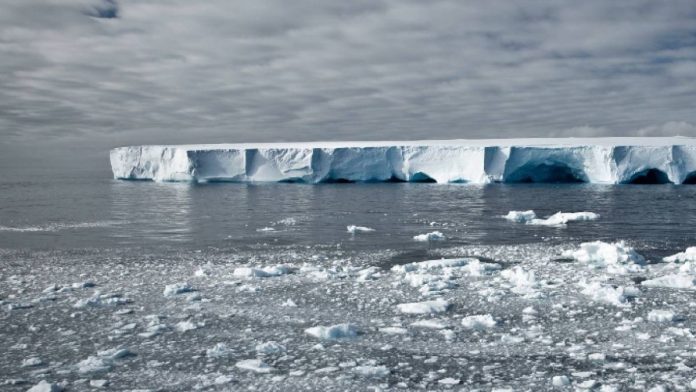Climatologists around the world can soon lose access to vital information about the state of sea ice - one of the main indicators of global warming. The reason for this was the unexpected initiative of the US Department of Defense, which decided to stop processing satellite data used for scientific research.
These are data from the SSMIS microwave radiometer installed on satellites under the subordination of the Pentagon. Earlier, this data was processed by the Navy Numeral Meteorology and Oceanography, transferring them to the National Snow and Ice Data and Ice Data Center (NSIDC) at the University of Colorado. But at the end of July, scientists can completely lose their access.
This decision is another consequence of the large -scale reductions in the US Federal Budget. Dozens of NASA missions were also threatened, whose funding was also cut. Losing access to sea ice data will seriously complicate the monitoring of climatic changes, because it is the sea ice that performs a critical function - it acts as a buffer that restrains the melting of glaciers and accordingly holds the increase in the level of the ocean. Although the Japanese Sizuku satellite with the AMSR2 device can partially compensate for the loss of data, the transition to the new system takes time. In particular, for calibration of the device and synchronization with NSIDC systems. This means that in the coming months, scientists will not be able to receive up -to -date information that is a powerful blow to global climatology.
The scientific community urges to revise this decision, because it is not only a science but also about global security - because understanding the processes of ice melting directly influences the forecasts about the future of our planet.


